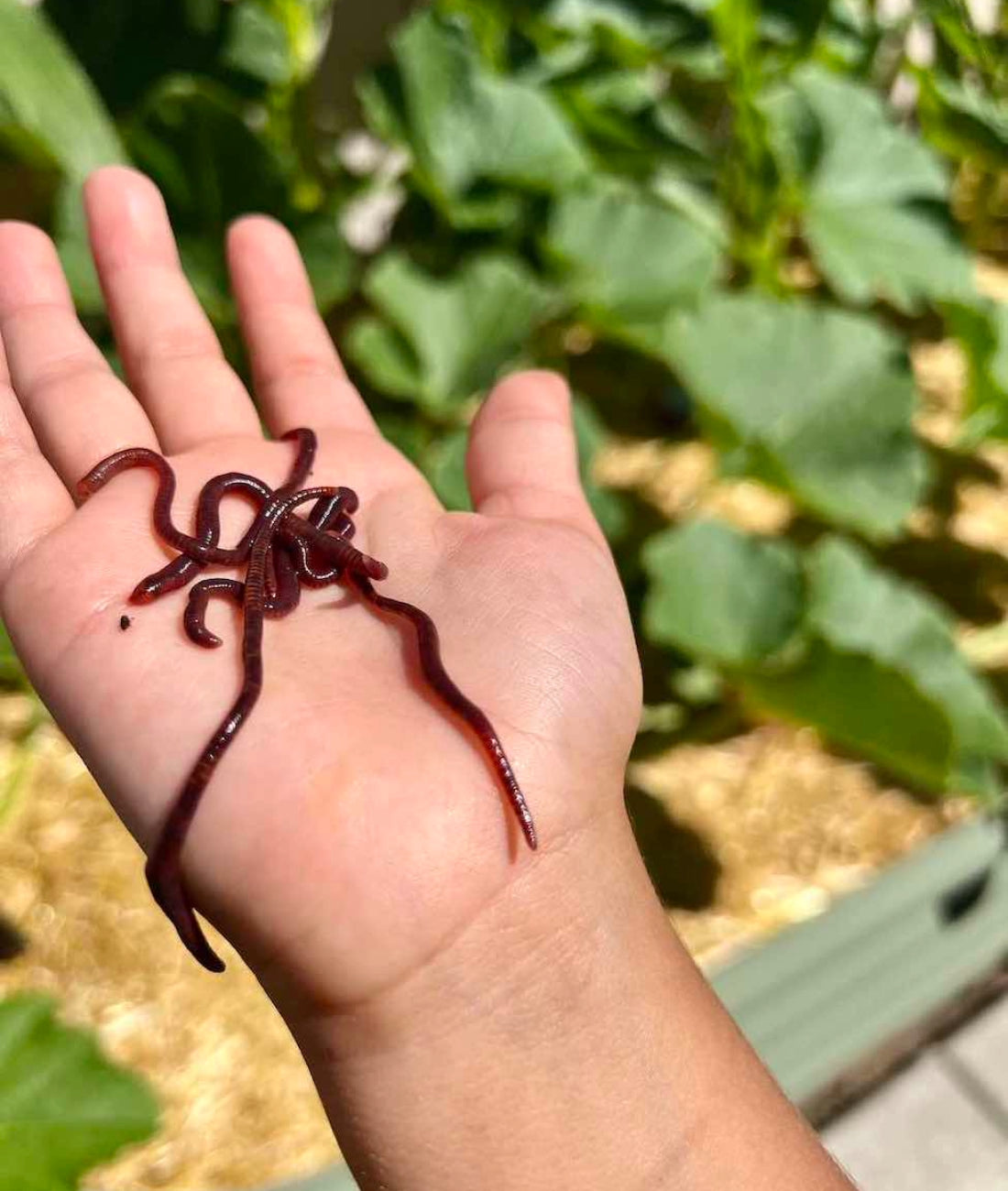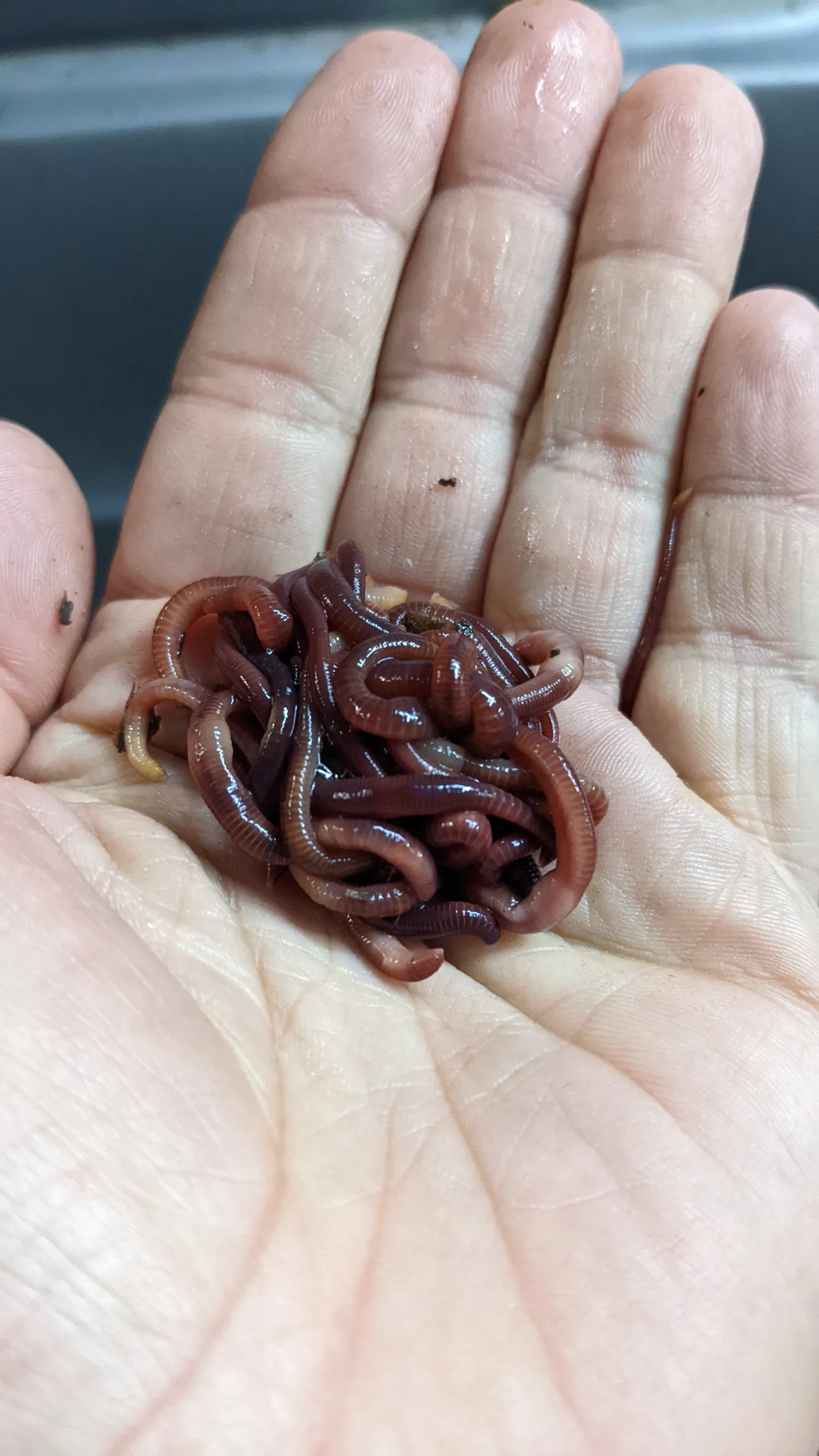Red Wiggler Express - An Overview
Red Wiggler Express - An Overview
Blog Article
See This Report about Red Wiggler Express
Table of ContentsThe Best Strategy To Use For Red Wiggler ExpressThe 7-Second Trick For Red Wiggler ExpressHow Red Wiggler Express can Save You Time, Stress, and Money.Top Guidelines Of Red Wiggler ExpressA Biased View of Red Wiggler Express
And the thriving Red Worm populace? Also in the heap that was set up directly in front of yard composters with existing Red Worm colonies.
Many ranges, consisting of Red Wigglers, European Nightcrawlers, and Lumbricus types were brought over from the European continent. Yet here's the thingNative or otherwise - and as gifted as they go to being able to make it through in a wide-range of environments and problems -. In other words, they are much much more likely to socialize in any type of energetic composting systems you have established up, than they are to wander off and begin messing up the atmosphere.
Origins call for oxygen for respiration and rely on smooth air movement within the soil to grow. When it rains, dirt can become saturated with water, minimizing the oxygen offered and hindering nutrition absorption. To preserve an optimal balance, the dirt needs to allow water to drain pipes appropriately, leaving adequate space for air to sustain root health and wellness
The Basic Principles Of Red Wiggler Express

When it pertains to worms for composting, what enters your mind? If you were an earthworm dog breeder, dealer, or plain garden enthusiast, then you would certainly know that red wiggler worms are the ideal worms for vermicomposting. To learn even more concerning these planet wonders, checked out through several of the red worm realities listed below.
(https://coles-directory.com/gosearch.php?q=Red+Wiggler+Express)Yet if they stretch their bodies, you'll have the ability to see the red stripes on their skin. When increasing worms such as red wiggler worms, you should be able to know how to make great use of them. When you have the ability to maintain and take care of their environment well, and additionally feed them the ideal type of natural wastes, then they'll be able to produce nutrient-packed and quality-rich worm spreadings for you (likewise referred to as worm poop or compost).
The Best Strategy To Use For Red Wiggler Express
What do worms consume? Well, these red wriggler worms can be fed with kitchen scraps and yard wastes.

This actions makes them appropriate permanently in worm containers, compost heap, and other restricted spaces where natural waste is bountiful. Creating an optimal environment for red wigglers requires a thoughtful technique. Take into consideration the complying with important aspects to care for red wigglers in the house and guarantee their health: Utilize a bedding of shredded newspaper or cardboard.

Add a handful of completely dry, shredded paper if the bin ends up being too wet. They do! Red wiggler worms recreate by laying little, lemon-shaped eggs in safety cocoons. These cocoons are usually transferred in the bedding and hatch right into child worms within a few weeks. The fast recreation cycle of red wigglers is one of the reasons they are preferred for vermicomposting.
Red Wiggler Express - An Overview
Their flexibility and resilience have made them a prominent choice for vermicomposting in various areas worldwide. Yes! They can make it through from an array of 32F to 90F. They are very adaptable pests. Consider protective actions for very severe temperature levels such as: Shielding the worm container with layers of straw or leaves.

When taking treatment of your red wigglers it's crucial to bear in mind to: 1) K.I.S.S (Maintain it Simple) and 2) whatever in moderation. These rules put on feeding your garden compost worms, watering your worm containers, and just regarding every little thing else entailed in taking care of them. Simply remember - you can constantly include more food later (but it's hard to eliminate feed once it's been added to a bin!).
Since I fed the red wigglers and garden compost worms excessive, they weren't able to maintain up and in time the older food went leftover and created anaerobic conditions that killed the worms. The bright side is that there are extremely simple actions you can take to guarantee this doesn't take place! Below're the 6 golden regulations for how usually and exactly how much to feed your worms: Regulation # 1: Moderation! You can always include more food later on.
The smart Trick of Red Wiggler Express That Nobody is Talking About
Uneaten food will certainly lead to anaerobic problems that will certainly eliminate your real-time worms. Guideline # 6: After the first feeding, feed the worms 1/3 to 1/2 of their weight.
Report this page